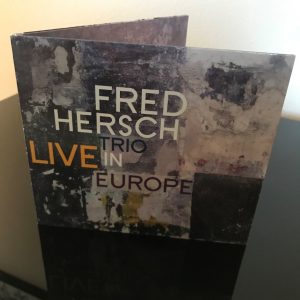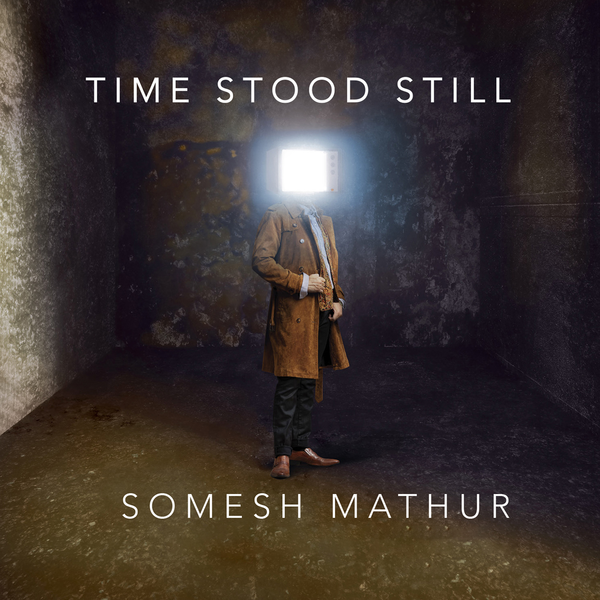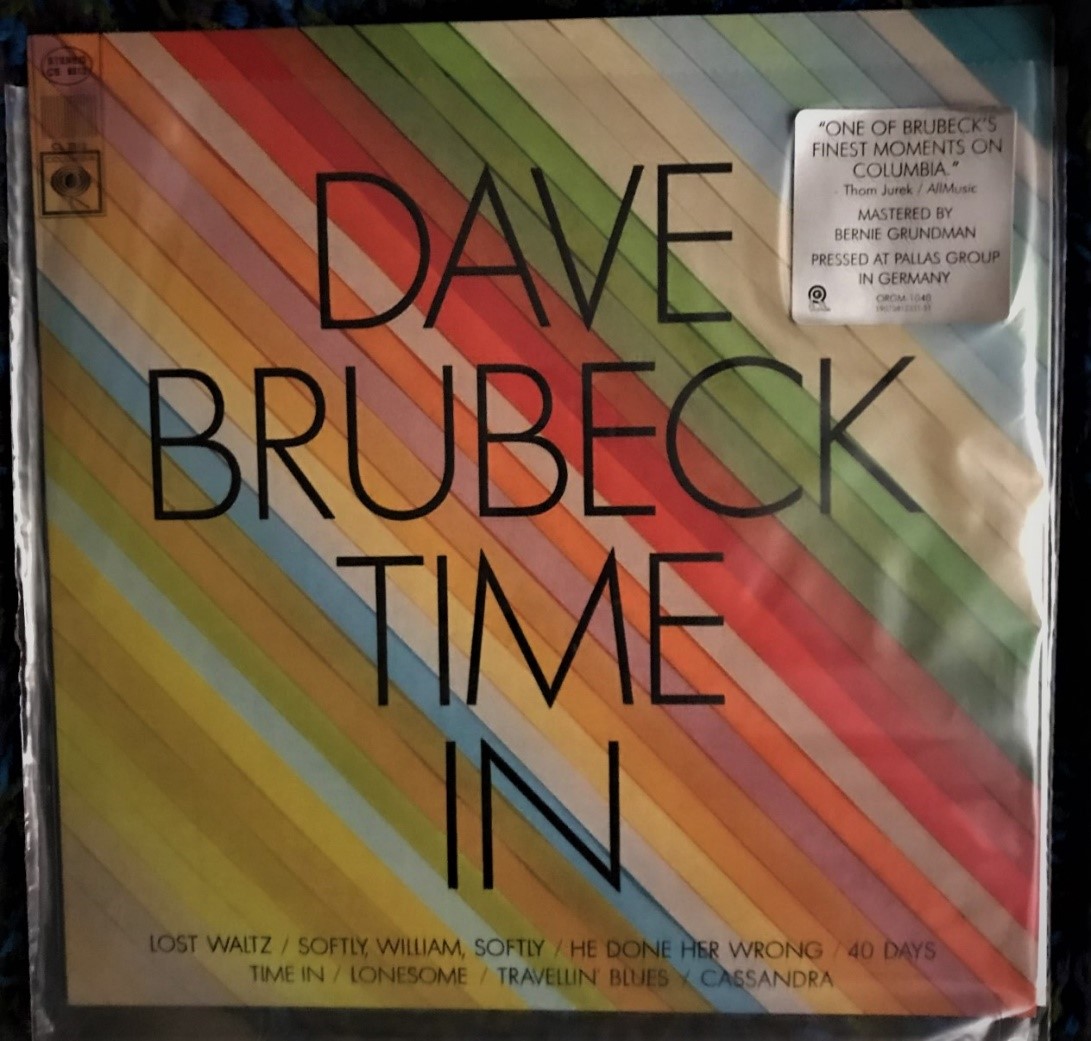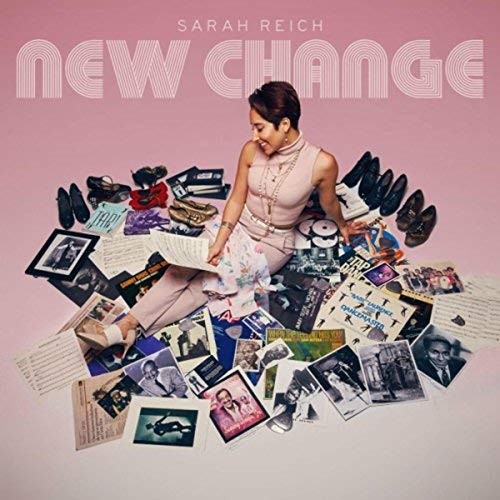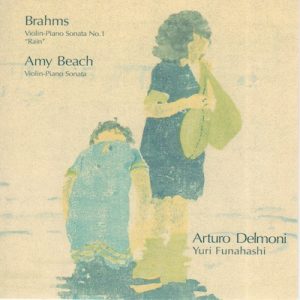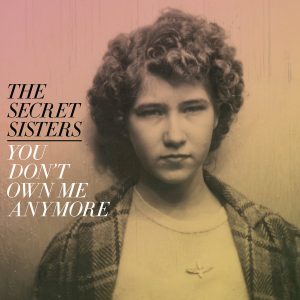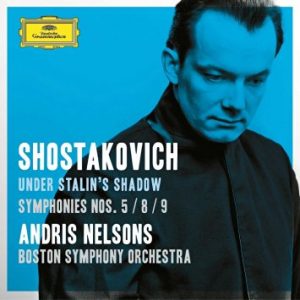Palmetto PM2192, CD $15.98 Amazon.com
Fred Hersch, where have you been? It's been ages! Okay, I know I'm the one who's been out of touch with Fred Hersch and his amazing piano trio recordings. It's not his fault.
It's a curious thing, one of those instances where you discover a new artist and buy an album or two and then years go by, along with six or seven releases that you didn't get around to buying. Then something happens. Maybe that seventh or eighth album turns out to be a masterpiece and is lauded as one of the best releases of the year, and you're reminded that you really use to like this performer, and maybe you two should catch up over a cup of coffee. The bad news, of course, is that you could have been enjoying all that good music over the last few years. The good news, if you haven't guessed already, is that today is the day.
That's how I feel about receiving the latest from Fred and his amazing piano trio. Close to 25 years ago, I purchased Fred's Dancing in the Dark based upon a recommendation in Stereophile. It might have been the Recording of the Month—I can't quite remember. The main reason I pulled the trigger on DITD was because it was from Chesky Recordings, and I had already had good luck with their CD releases. Around this time I started to realize that "audiophile" CD releases could be an actual thing, and "perfect sound forever" might be an oversimplification. I'd been purchasing audiophile pressings on LP since I was a teenager—I think I splurged on an MoFi UHQR of Tea for the Tillerman before I graduated from high school. The idea that one CD pressing technology could be superior than another was still relatively new to me back in the early '90s.
Could a CD be released in a special "audiophile" version with better sound quality? Chesky Recordings offered a compelling argument. We didn't even know what "redbook" meant back then – a CD was a CD was a CD. I do remember, however, the first time I listened to Dancing in the Dark. I was impressed by the huge soundstage and the gorgeous sense of air around each instrument, a remarkably spacious presentation for a "mere" jazz trio. I can honestly say that Dancing in the Dark increased my appreciation for jazz, especially in the realm of the intimate piano trio. When Chesky released The Fred Hersch Trio Plays the very next year, I scooped it up. Both CDs were part of my main jazz rotation for many years.
It took a little longer to pick up my third CD from Fred Hersch—24 years to be exact. I've missed a lot of Hersch in that time, since he's released 35 albums since 1994. He's recorded as a trio, solo and with a number of other performers such as Toots Thielemans, Kenny Barron, Leny Andrade, Bill Frisell, and one of my personal favorites, Jane Ira Bloom. I knew he was still out there, recording. I knew that he was diagnosed as HIV-positive before he turned thirty, and that just a few years ago he fell into a coma for a couple of months and was unable to play for a while. That's why I was a little surprised to see Live in Europe arrive on my doorstep. I have to admit something terrible—I may have completely forgotten about Fred over the years. That was a huge mistake.
Flash forward to 2018. Back in the '90s, I viewed Fred as a young upstart, part of the changing of the guard. Now he's 62 and he's been through it all. Still, my first impression of this new album is the athleticism of Fred's piano, how it is quick and lithe and precise without playing the same notes as everyone else is playing. From the opening seconds of Thelonious Monk's "We See," Fred acts as a calm yet enthusiastic guide into a strange frontier. You haven't heard these notes played in this particular order before, but you know they make sense because the execution is so elegant, so effortless. I can sum this up in one word—imagination. Hersch is an imaginative, creative force behind the piano whether he's playing original compositions (there are six of those here) or classics from Monk and Wayne Shorter.
As I've mentioned, however, this is a recording of a piano trio. Bassist John Hebert and drummer Eric McPherson have been with Hersch since 2010's Whirl, and they've released a total of six albums as a trio. "The trio has a shared language," Hersch says. "By now we each contribute an equal part in what goes on musically during a performance." This performance, captured in a Brussels recording studio toward the end of a three-week tour last November, was a surprise to Hersch. "The band was in terrific playing form, the acoustics were perfect, the piano was outstanding and the recording was first-class," he explains.
At first he didn't know the performance was recorded—when he returned to New York a few weeks later he couldn't stop thinking about the night and how everything came together so perfectly. Then, to his surprise, he found at that it was recorded, which is why he refers to Live in Europe as a "found object."
You hear this clearly in the recording, the overwhelming sense of serendipity. Trios and quartets live and die by their synergy, but the way these three gentlemen mesh is straight out of an engineering textbook. Since Hersch is so quick and unpredictable, his cohorts have to be on constant alert. Hebert, for example, knows better than to rely on the weight of his instrument. Each of his notes is carefully considered—is this right? Would another note be better? No, he has been sharing a stage with Hersch for so long that he instinctively knows what belongs where, and most of the time it's about an octave higher than a less adventurous bassist would surmise. McPherson is what we used to call a drummer's drummer, which basically means he's doing plenty of little things to show other musicians that he's always engaged, always thinking about more than just the beat. He knows how to extract little details at surprising moments. He wants you to pay close attention—as another drummer would.
The real question is this: is this one of Fred's finest performances? Unfortunately, I can't answer that since there's a monstrous gap in my Hersch collection. Perhaps someone more dedicated to the Hersch catalog could offer some suggestions in the comment section below. It comes down to this—Live in Europe is spectacular, and if it isn't one of his very best then I need to get out and start filling those gaps immediately.




